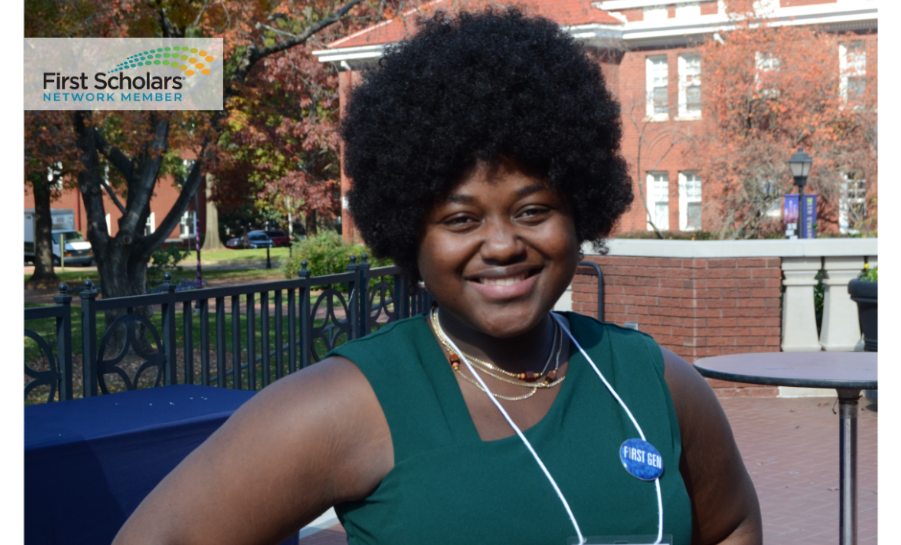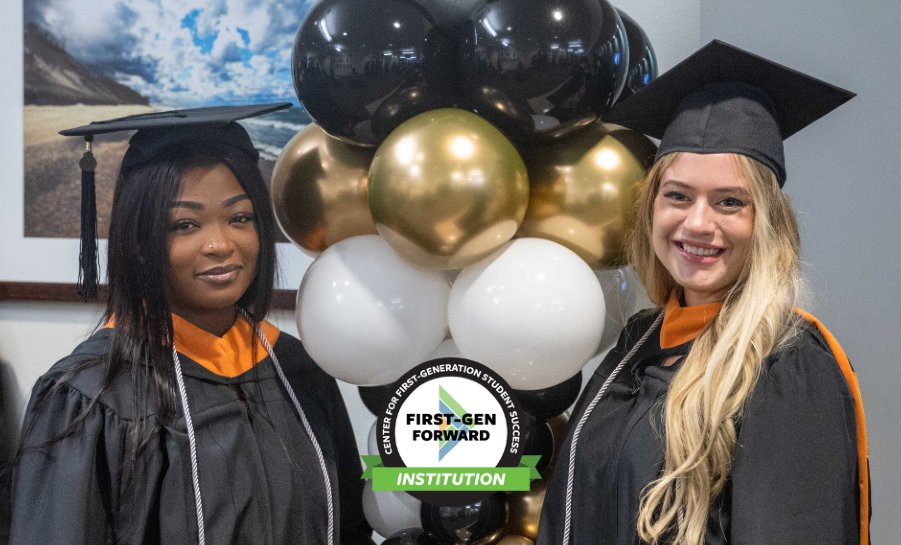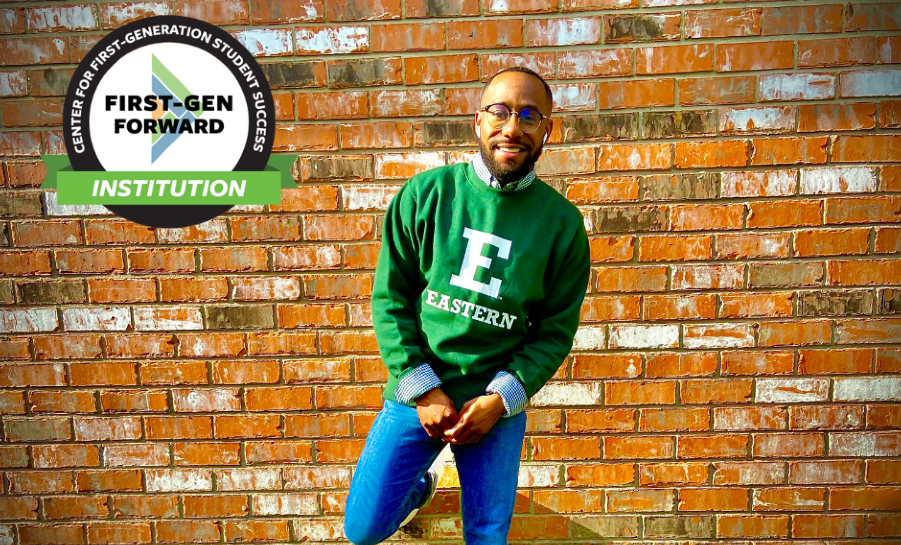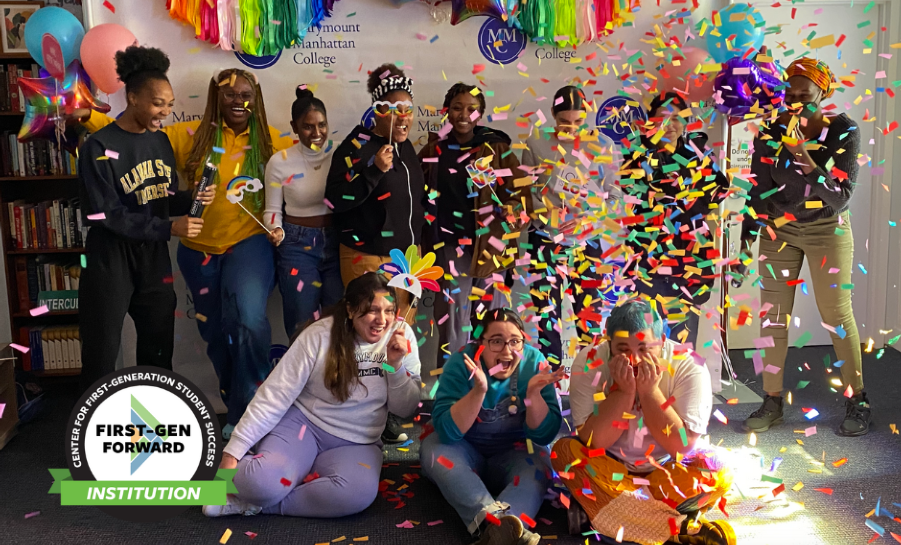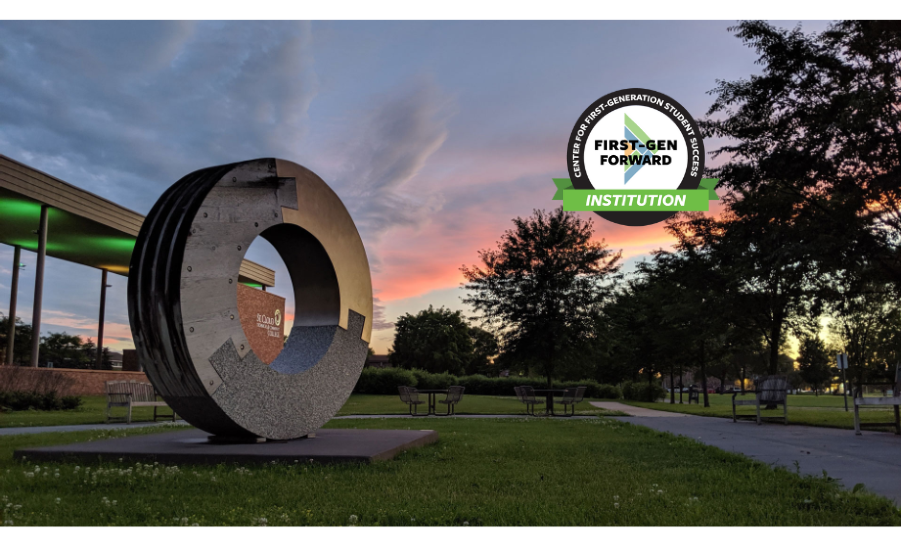Sweet as Pumpkin Pie: Creating interactive spaces for dialogue around people-pleasing
Sherri-Chanelle Brighthaupt, Johns Hopkins University / FirstGen Forward / December 14, 2022
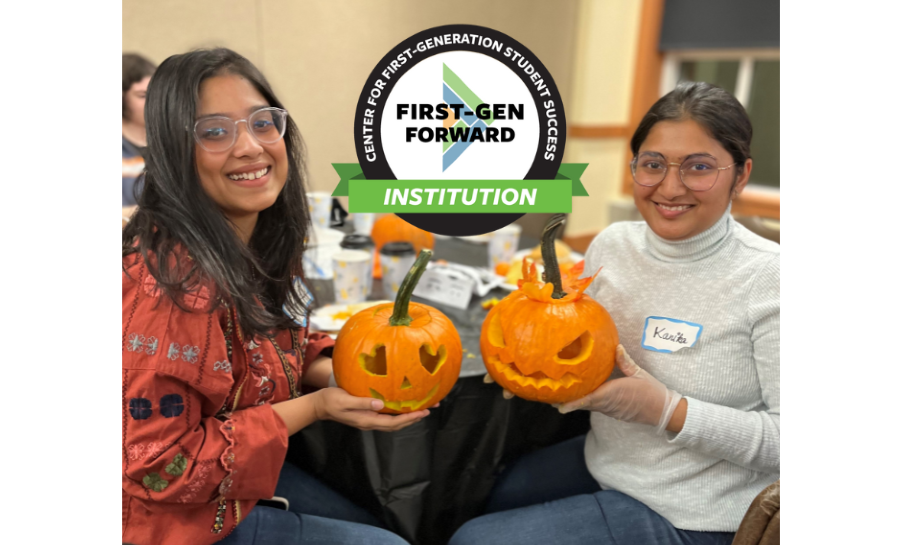
It’s no secret that people-pleasing behaviors are common in higher education. Look no farther than the academy, and you will encounter over-working and over-extension, lack of boundaries, inability to say no, hyper-independence (not asking for help), and having extremely high or perfectionistic standards for performance. Ironically, although people-pleasing behaviors are rewarded in scholarly research endeavors, they are detrimental to cultivating long-term student belonging and equity. Students are not immune to unhealthy facets of academic subculture, and first-generation/limited-income (FLI) students experience these environments with the additional pressure that comes with being “the only”.
The FLI Network at Johns Hopkins University (studentaffairs.jhu.edu) was established to create campus environments that promote student belonging and holistic wellness. We held an interactive, pumpkin-carving workshop, and discussed what it means to “wear a mask” or “carve out a persona” for different spaces, the impact of people-pleasing on how we view ourselves – all while carving pumpkins. Examining people-pleasing behaviors is a way to empower our students to take back agency over how they show up authentically in spaces.
Why Students People-Please: In Their Own Words
Before we began the workshop, students were asked about what people-pleasing meant to them:
Q: What comes to mind when you hear the word people-pleaser?
A: “non-confrontational” “approval” “compromises” “pushover” “validation” “phony” “afraid” “judged” “appeal” “feelings” “exhausted”
Q: Why do we people-please?
A: “To make them happy” “To avoid arguments” “To be liked! And accepted” “To be part of the gang” “To be in everyone’s good books” “To keep the peace” “because we don’t like getting negative reactions” “we don’t want to offend anyone of lose friends” “childhood trauma and/or insecurity”
“You Are Not Alone”: A Space for Belonging
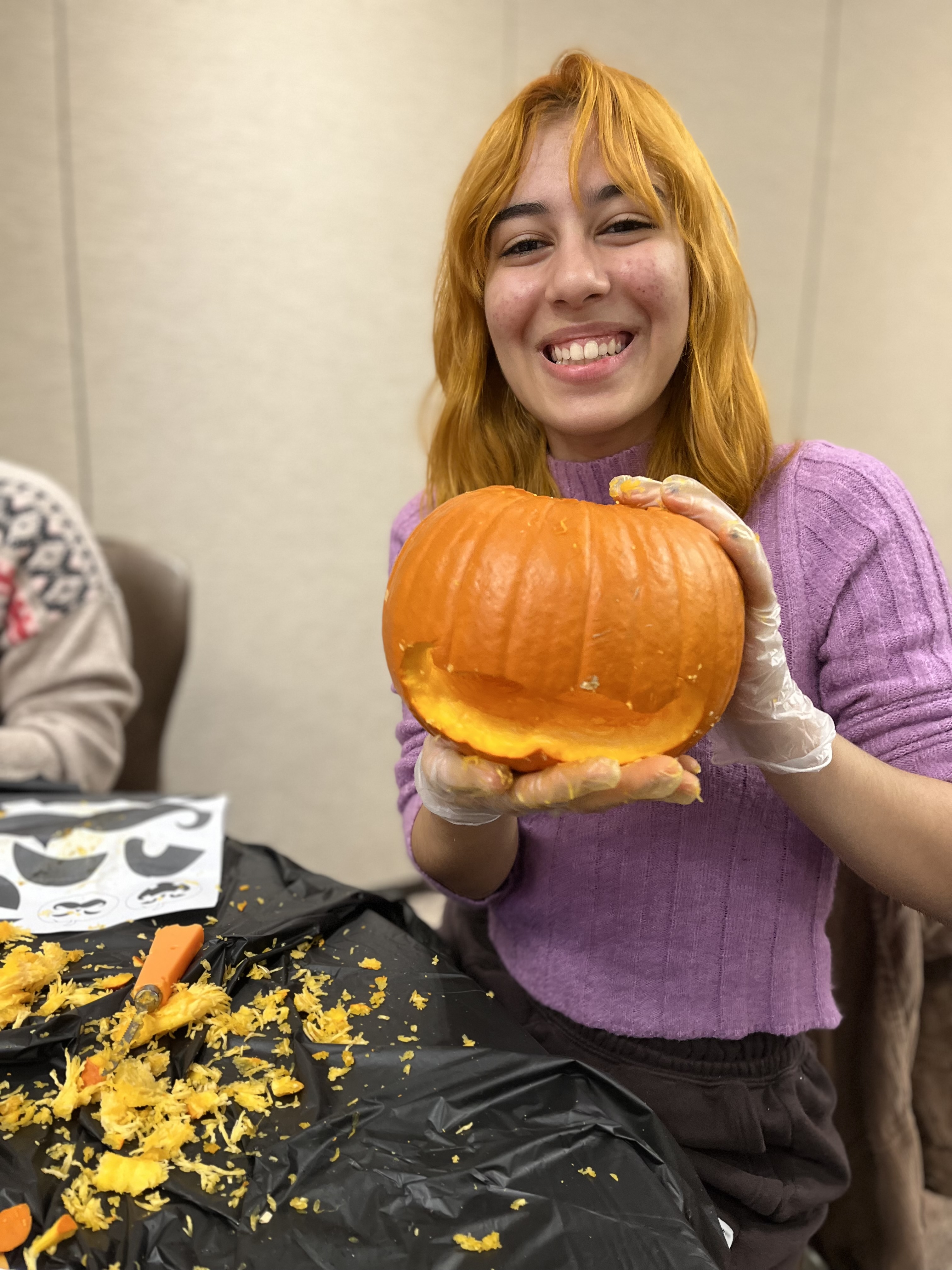
Acknowledge the individual and systemic contributions. Admitting that our students are responding to real, and not imagined fears, is the first step. People-pleasing is a defense mechanism, a behavioral adaptation to avoid social conflict and gain approval. This means recognizing that it isn’t always a voluntary decision, but a cultural obligation (i.e., consider similarities between code-switching and people-pleasing).
Provide community, rather than didactic education/solutions. Our students are remarkable. They have a great deal of generational knowledge about mental health behaviors and terminology, but what is less apparent is how they cross the bridge from awareness to action. Luckily this intermediary space is where growth takes place, and where we can have the most impact by creating empathetic, community spaces.
Moving Forward
What key advice would you offer someone who just discovered they are a people-pleaser?
“If you are a people pleaser, know it is not a bad thing. While it has a negative connotation, sometimes the people-pleasers we meet have the softest and kindest hearts. You are not always responsible for how someone feels or reacts and it is okay to put yourself first. Your job is not to make everyone around you happy, if you are not happy yourself.” – Kemi S. (first-year undergraduate, Neuroscience major)
Our ultimate goal for our students is self-realization – to feel empowered to be themselves and reassured that their unique perspectives, talents, and gifts will be seen and valued by people around them. Wellness programming that focuses on community-building invites first-generation students to become dual change agents for themselves and their peers, holding each other accountable with empathy.
For more information on Johns Hopkins University's approach, please visit their website here.
